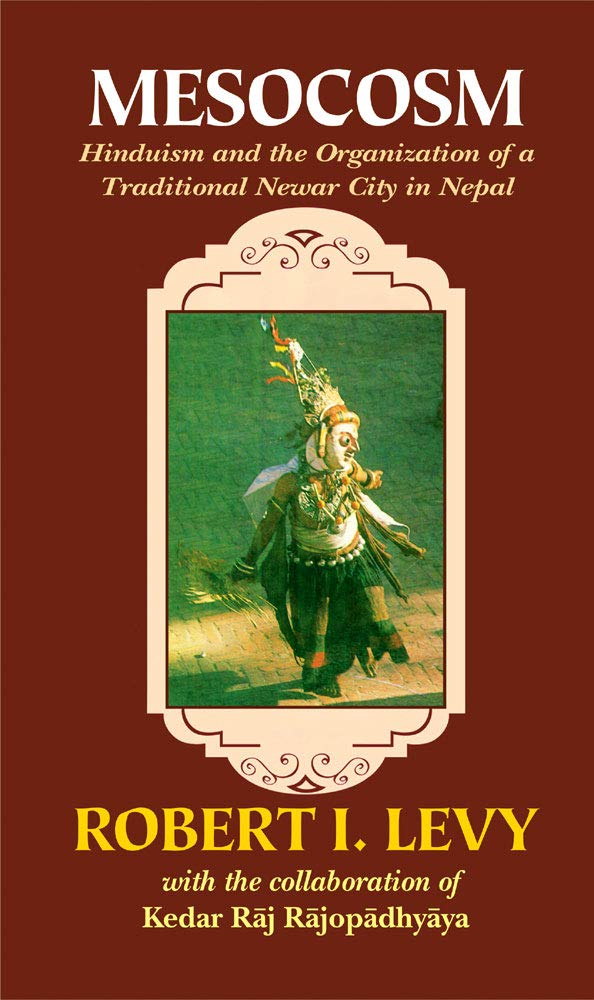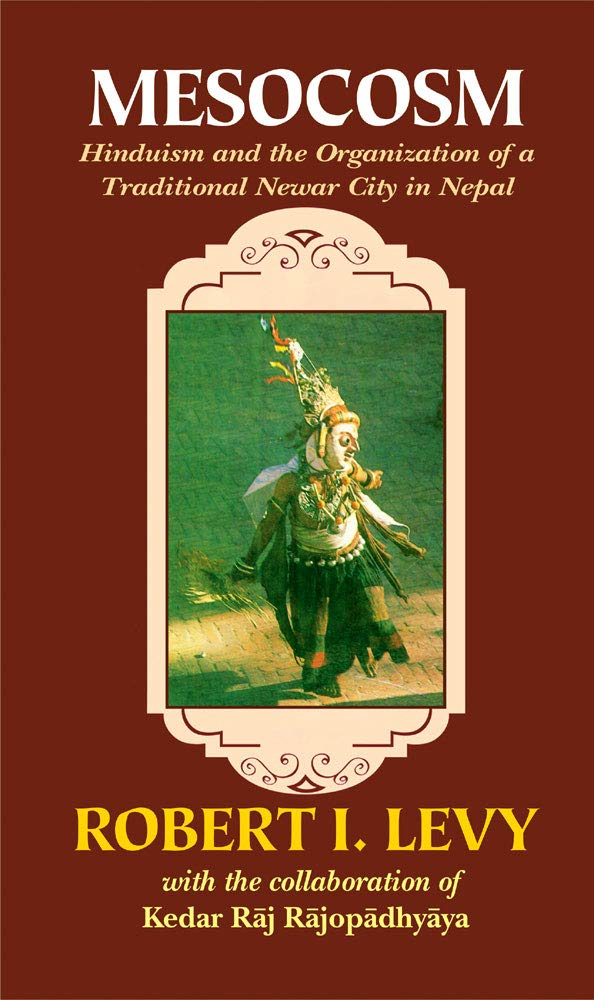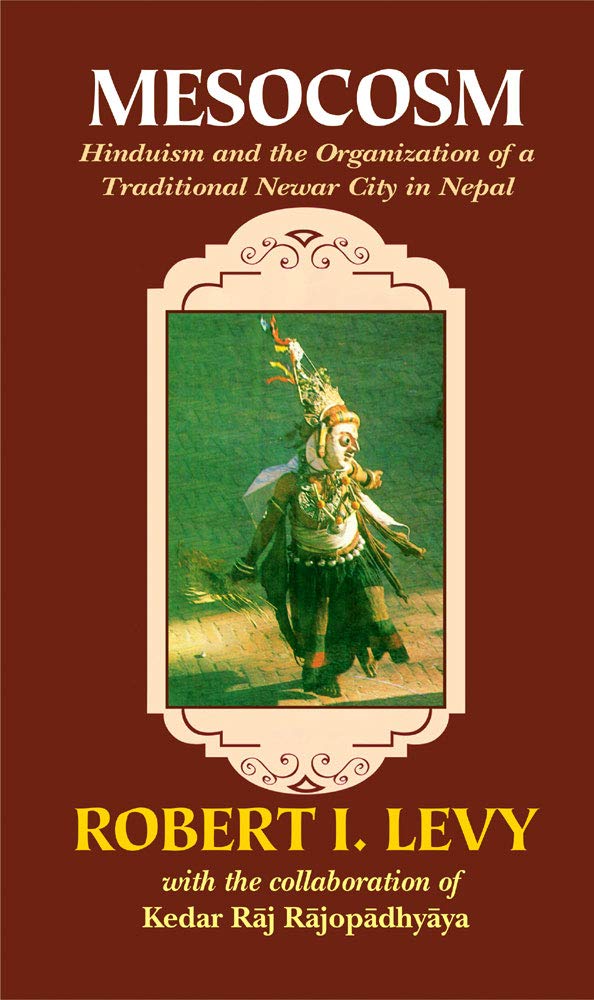Mesocosm: Hinduism and the Organization of a Traditional Newar City in Nepal
Mesocosm: Hinduism and the Organization of a Traditional Newar City in Nepal - Paperback is backordered and will ship as soon as it is back in stock.
ISBN: 9789357602051, 9357602054
Regular price
₹ 695.00
Unit price
/
Unavailable
Couldn't load pickup availability
"Mesocosm" is a study of Hinduism in its most fully realized form as a symbolic system for organizing the life of a particular kind of city - what the author terms an "archaic" city. The work is a detailed description and analysis of the symbolic world of Bhaktapur, a unicultural city in the Kathmandu Valley, a city which is perhaps the last surviving example of a type of organization once widespread in the ancient world. Robert Levy views Bhaktapur as a structured "mesocosm," mediating between the microcosm of individual self-conception and the macrocosm of the culturally conceived larger universe. The city is a bounded entity, grounded on a minutely divided and interrelated sacrilized space. It uses that space, roles assigned by an elaborate caste system, a semantically differentiated pantheon, and the tempos and forms of the festival year and rites of passage to construct a "civic dance," a web of communication and instruction which deeply affects the experience of Bhaktapur's citizens. Levy investigates the meaning of the community to the people who live there and suggests how the religious forms that have challenged Hinduism in South Asia - Christianity and, above all, Islam - are profoundly antithetical to Hinduism as the organizing principle for cities such as Bhaktapur. "Mesocosm" is a groundbreaking contribution to anthropology, social and religious history, and Indian and Nepalese studies.
-
Pages
-
Edition
-
Size
-
Condition
-
Language
-
Weight (kg)
-
Publication Year
-
Country of Origin
-
Territorial Rights
-
Reading Age
-
HSN Code
-
Publisher




